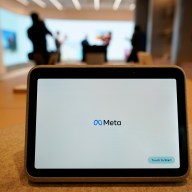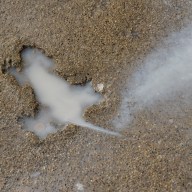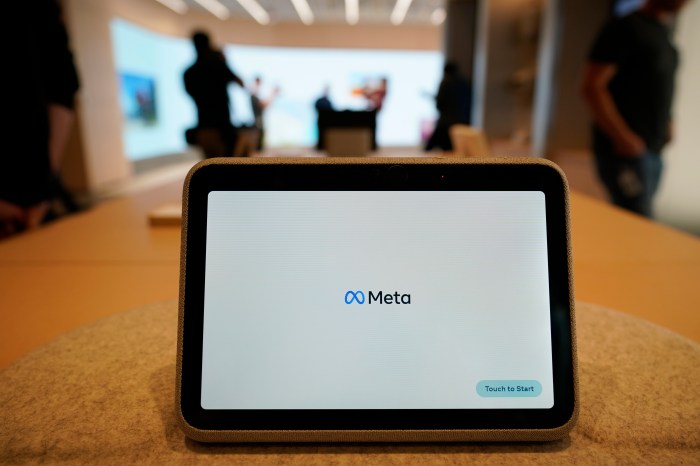LONDON – Rupert Murdoch’s performance before parliamentary grilling got mixed reviews in the national press Wednesday — with perhaps predictable raves in his papers and a more sober assessment in the publication that reignited the phone hacking scandal.
The Murdoch-owned Sun tabloid described the media tycoon as “remorseful” and candid, concluding he “used the session to dispel some of the many myths surrounding him.” The Sun also printed in full a statement that Murdoch read out to members of the parliamentary committee.
The Times, another Murdoch title, led a story about how Murdoch’s China-born wife, Wendi, thumped a prankster who accosted the 80-year-old mogul with a snappy headline that played off the title of an acclaimed martial arts movie: “Crouching Wendi, hidden dragon.”
“His own titles have certainly neutralized and taken away the head of steam,” said Richard Hillgrove, a public relations consultant based in London. “They don’t want blood from their leader, do they?”
Roy Greenslade, a journalism professor at London’s City University, was blunter.
“Hopelessly just running the party line,” Greenslade said of the Sun coverage, noting the skepticism of non-Murdoch newspapers about his claims that he was unaware of any wrongdoing in his company, News Corp.
The Guardian, whose revelations that Murdoch’s shuttered News of the World hacked into the phone of a murdered 13-year-old girl set off the firestorm engulfing his empire, focused on how fragile the tycoon appeared in his “at times pausing, mumbling and mishearing” performance.
A front-page column in The Guardian suggested that the Murdochs had been heavily coached by public relations experts in the art of apology; another column on page 3 said Rupert Murdoch “is as full of contrition as a frog is full of toothpaste.”
The farcical sight of a protester attempting to smear Murdoch with foam at a time when lawmakers were questioning Murdoch and his son, James, dominated news coverage and diverted attention, at least in the short term, from the substance of the inquiry.
Greenslade said coverage in The Times, Murdoch’s quality British paper, was “apologist” and did not address concerns about whether Murdoch was telling the truth, even if it acknowledged that many issues had yet to be resolve in the scandal.
“It didn’t raise the important question of why did he fail to hold a proper inquiry, why didn’t he clean house much earlier,” he said.
In an editorial titled “Called to Account,” The Times said Murdoch’s testimony dismantled an impression that Murdoch was like “the nation’s puppeteer, pulling all the strings,” and commented positively on his defence of investigative journalism. It said questions that remain to be answered included the structure of corporate governance at Murdoch’s continent-spanning empire, since senior executives had appeared to be distant from key decisions.
“There is clearly a great deal of heat left in this scandal yet,” the newspaper concluded.
The paper did not shrink from poking fun at its owners.
Ann Treneman, a writer for The Times who attended the hearing, described Rupert Murdoch as “quite small to be such a big hate figure.” She noted his wife’s intervention with the prankster with awe and cast mockery upon James Murdoch, who also testified as head of European and Asian operations for News Corp.
“James Murdoch, motormouth, talking incessantly, his flat American accent seeming to render almost all words meaningless. ‘I share your frustration,’ he kept saying to MPs, though I doubted it as they struggled to follow even one of his sentences to its end,” she wrote.
The Wall Street Journal, an American-based Murdoch newspaper, gave prominence to the phone hacking scandal, but struck a more neutral tone.
It carried an online story in its European edition that said Murdoch “forcefully apologized” to victims of phone hacking and deflected responsibility for the “fiasco” on other managers.


















